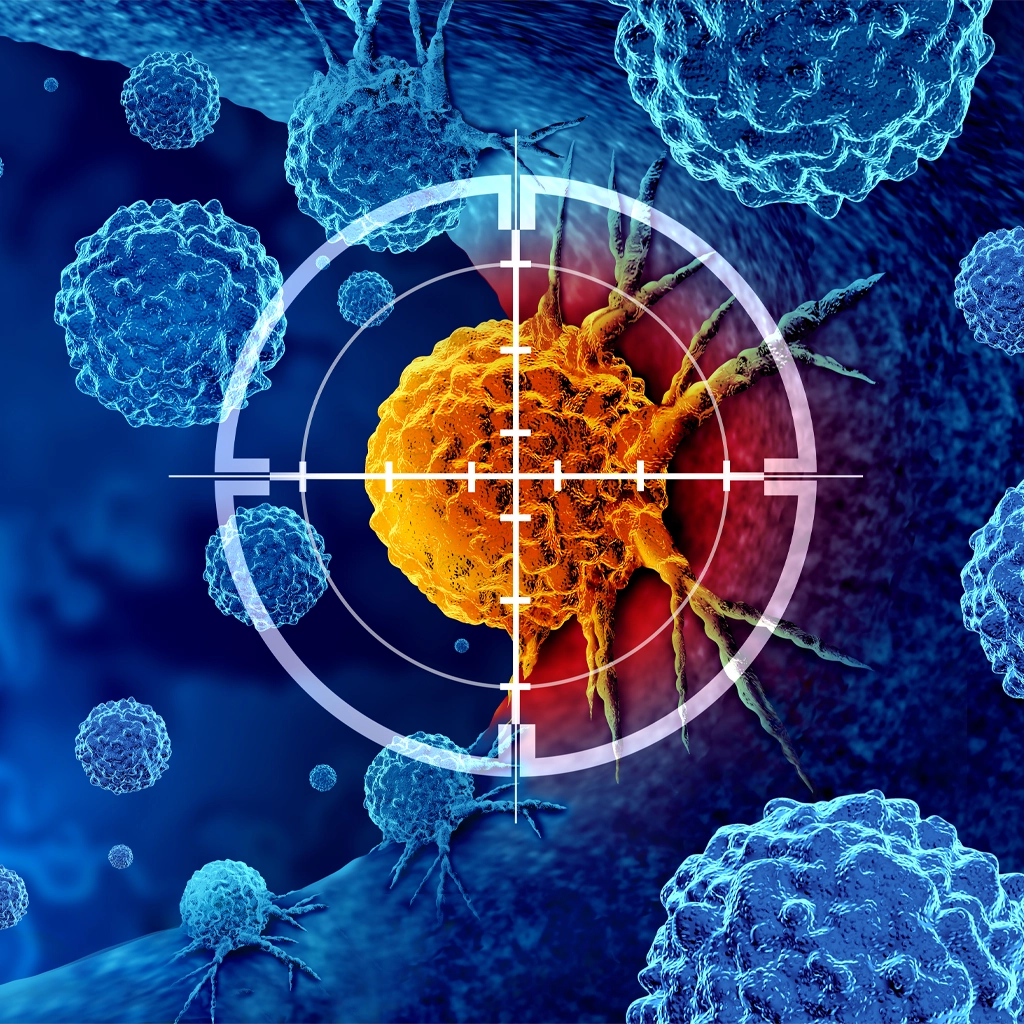Bay Imaging Consultants: Exceptional radiology care in the Bay Area
Bay Imaging Consultants Medical Group, Inc. is the largest private radiology group in California. We have been providing exceptional professional services to hospitals and outpatient centers throughout Northern California for over 30 years. In addition, we have a management services company, Bay Medical Management, LLC, that provides financial management, billing, IT, and operational support.
We are ranked #15 on the list of the Exemplary 80 radiology practices in the United States, a distinction awarded for quality care, maintaining the latest technology, regional influences and more. Our more than 115 doctors are certified by the American Board of Radiology.
